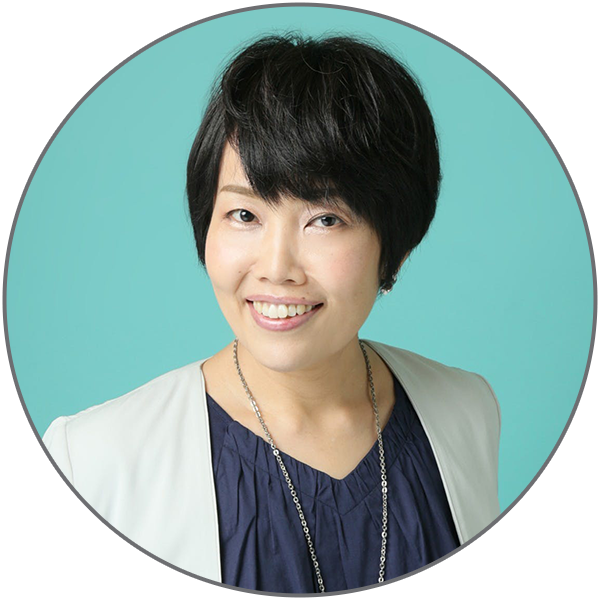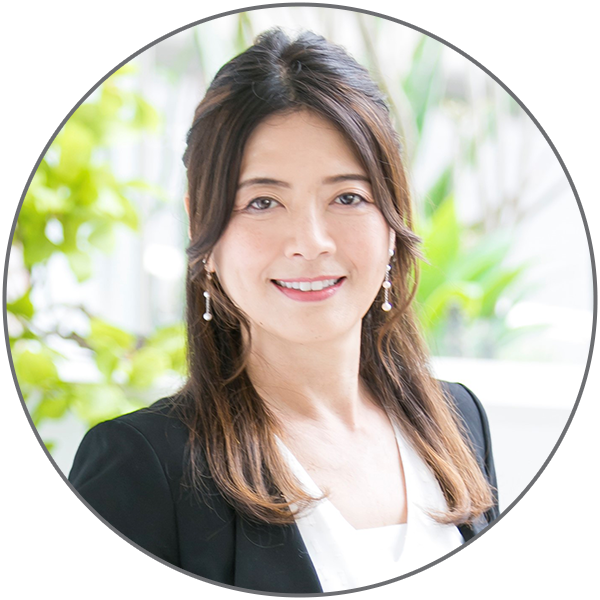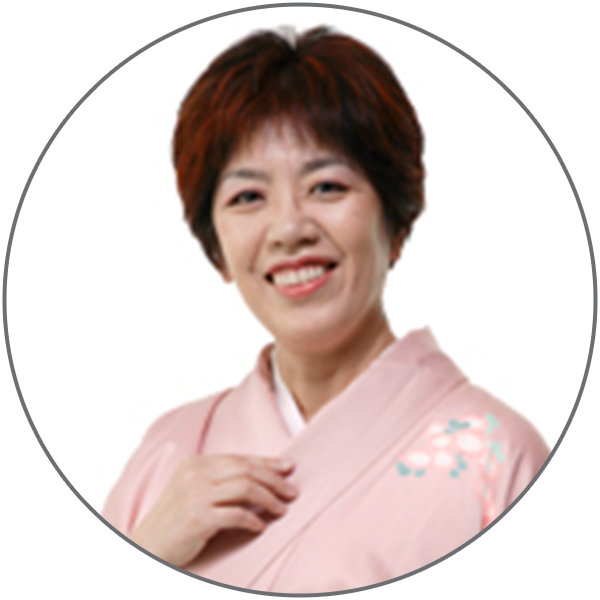Supplier D&I
While there is much talk in Japan about diversity and inclusion (D&I) in the workplace, another important, though less-discussed, aspect of D&I involves suppliers. Some major companies have long championed diversity in their supply chains, but the issue is now getting more attention—and progress is being made—thanks to the efforts of socially conscious leaders. This was the topic of a November 25 virtual event, hosted by the ACCJ-Chubu Programs Committee and entitled Supplier D&I: Three-Year Journey in the Japanese Market.
WEConnect International’s three-year journey in the Japanese market
Listen to this story:
While there is much talk in Japan about diversity and inclusion (D&I) in the workplace, another important, though less-discussed, aspect of D&I involves suppliers. Some major companies have long championed diversity in their supply chains, but the issue is now getting more attention—and progress is being made—thanks to the efforts of socially conscious leaders.
This was the topic of a November 25 virtual event, hosted by the ACCJ-Chubu Programs Committee and entitled Supplier D&I: Three-Year Journey in the Japanese Market. Speaker Setsu Suzuki, chief executive officer and founder of Hunext, Inc., shared how sourcing from women-owned startups is shaping the Japanese economy.
Connecting Women
Suzuki is the Japan project director for WEConnect International, the Washington, DC-based non-profit organization (NPO) that expanded its certification and market access activities to Japan in 2018. She recalled how, in 2017, she was invited by Gary Schaefer, principal officer at the US Consulate Nagoya, to attend the Global Entrepreneurship Summit in Hyderabad, India. Some 6,000 women business owners took part in the three-day event. There she had her first contact with WEConnect International, which helps drive money into the hands of women business owners by enabling them to compete in the global marketplace.
“That’s fantastic, right?” Suzuki exclaimed. “So, I immediately said that I want to be a member of this organization.” After getting to know leaders of the enterprise during the summit, she was asked to become the director of WEConnect in Japan. Three months later, she signed a contract with the international body and led its expansion into the market. Noting that WEConnect International is the only certifying body in the world that supports supplier diversity, Suzuki explained that there are five categories:
- Women
- Challenged
- LGBTQ
- Racial minority
- Veterans
“And women are really key,” she said. Globally, just one percent of procurement by governments and corporations goes to women-owned business.
“WEConnect International began studying this 12 years ago, but the number is still only one percent. We want to push it to two percent,” she explained.
“According to a World Bank report, 32–39 percent of companies around the world are owned by women. So, definitely, women are key to a diverse economy.”
Next, Suzuki introduced the companies among WEConnect International’s 143 member buyers that are most active in Japan:
- Accenture
- Johnson & Johnson
- Intel K.K.
- IBM Japan, Ltd.
- EY
- P&G Japan G.K.
- Microsoft Japan, Co., Ltd.
- Micron Memory Japan, G.K.
“More and more Japanese corporations are starting to pay attention to supplier diversity,” she said.
Where Are the Women?
There are 3.8 million small businesses in Japan, but only 500,000 are owned by women. What constitutes a woman-owned business (WOB)? It seems straightforward, and Suzuki noted that we use the term a lot in English.
But to make it clear what this means by definition, she explained that it should be “an incorporated company with at least 51 percent of the business owned and managed, or governed, by one woman—or more.” The WEConnect certification standards state that ownership “is determined based on title to, and beneficial ownership of, stock, membership interests, or other equity in the business.”
WEConnect allows self-declaration as a WOB. Such registration in their database is free and carries limited benefits.
“WEConnect International … helps drive money into the hands of women business owners by enabling them to compete in the global marketplace.”
There is also the Women Business Enterprise (WBE) designation (pronounced “weebee”). This certification opens the door to the procurement departments of 143 member companies and enables business owners to connect with 12,000 women entrepreneurs in more than 110 countries.
In this case, there is a fee, and membership includes unlimited access to WEConnect benefits. The money is used to fund the NPO’s operations, which are driven by three pillars: certification, connection, and education.
Three-Year Journey
WEConnect International’s launch in Japan took place three months after Suzuki took on her role as country director. The expansion into Japan was made possible through the Strengthening Market Access for Women Business Owners initiative, a consortium that includes Accenture, Intel, and Johnson & Johnson. The founding members are working closely with WEConnect to leverage its powerful global networks and experience working with women business owners, and there are now 28 certified WBEs in Japan.
The launch was marked by a hybrid event, making it possible to connect women business owners from Hokkaido to Okinawa. It was supported by the American Chamber of Commerce in Japan, and Women in Business Committee Vice-chair Makiko Tachimori (Fukui) helped facilitate.
A business-to-business matchmaking event was held on November 26, 2020, in which 10 member buyers, 14 tier-one corporations, and 51 WOBs and WBEs participated. Suzuki said that three women business owners got contracts following the event, showing how even online meetings can really make business happen.
The session will take place again in February—rebranded as the P&G Academy Women’s Entrepreneurs Business Development Program—as an eight-day intensive series.
With the support of Johnson & Johnson and Dell Technologies, WEConnect conducted a survey of 191 Japanese female entrepreneurs in Japan between August and September 2020. According to results, the top challenges faced by WOBs are:
- Balancing work and family (65 percent)
- Gender discrimination (30 percent)
- Market entry (11 percent)
She also noted that many women who responded to the survey cited the issue of surnames as an obstacle to their business lives. Because Japan continues to require that women take their husband’s surname, some women said that they must use a false name in work, so that their husband’s family will not discover that they are entrepreneurs—a role that goes against traditional views of a woman’s place in society.
On the brighter side, Suzuki said that WOBs in Japan are thriving across a wide range of industries. Many fall under the United Nations (UN) Sustainable Development Goals (SDGs), which are an important part of WEConnect International’s activities. The organization is working with governments, the UN, and others to help achieve SDG number five: gender equality in the economy.
Japan WBEs
There are only 28 certified WBEs in Japan, but Suzuki is dedicated to expanding that number. She introduced two success stories during the event, starting with Yuko Takahashi, president of Osaka-based Japan Engine Valve Mfg. Co., Ltd. Known by the brand name Dokuro, the company began producing engine valves in 1949.
Takahashi, who was unable to attend due to a business event, delivered a short, vibrant video in which she flew a drone around the Dokuro offices and production facilities to explain how her company makes after-market auto parts. The parts are shipped around the world to meet the needs of those who own Japanese cars.
Next, Ayako Mochizuki, a Japan native who moved to the United States at the age of 22, shared her experiences running a small and medium-sized enterprise in Japan, doing business with large companies on a global basis.
In 2014, she became president of IBS Japan Co., Ltd., the 35-year-old value-added reseller of data communication products, founded by her father. She runs the company from her home in Boulder, Colorado, while her father remains involved as an owner in Ebina, Kanagawa Prefecture, where the corporate headquarters is located.
IBS Japan’s mission is to make life easier through the application of technology, and the company was certified as a WBE by WEConnect International in 2019. “Since then, I have had many successes [as a result of] being a WBE,” she said. One such success, she noted, involved the sale of thermal camera technology to a major pharma company soon after the start of the coronavirus pandemic.
Despite these successes, challenges remain—particularly with traditional mindsets about gender roles in business. Mochizuki shared an interesting example from within her own company.
“When I got certified [as a WBE] in 2019, one of my employees—a key person for me—actually told me that I should not be certified,” she recounted. “He said that if we are certified, if they find out that I’m a feminist—that’s the word he used—we are not going to get business, because it’s a male-dominated industry that we serve. He was very concerned.”
She noted that this worry is real in Japan, because the country remains very much dominated by men, and many of the business leaders are aged 60 and over.
So, the shift in mindset takes time. But through the efforts of Suzuki, WEConnect, and women business owners such as Takahashi and Mochizuki, that change is taking place.





